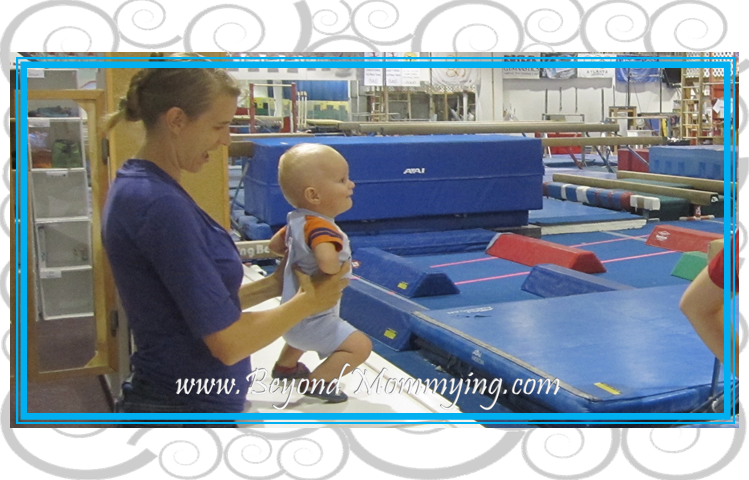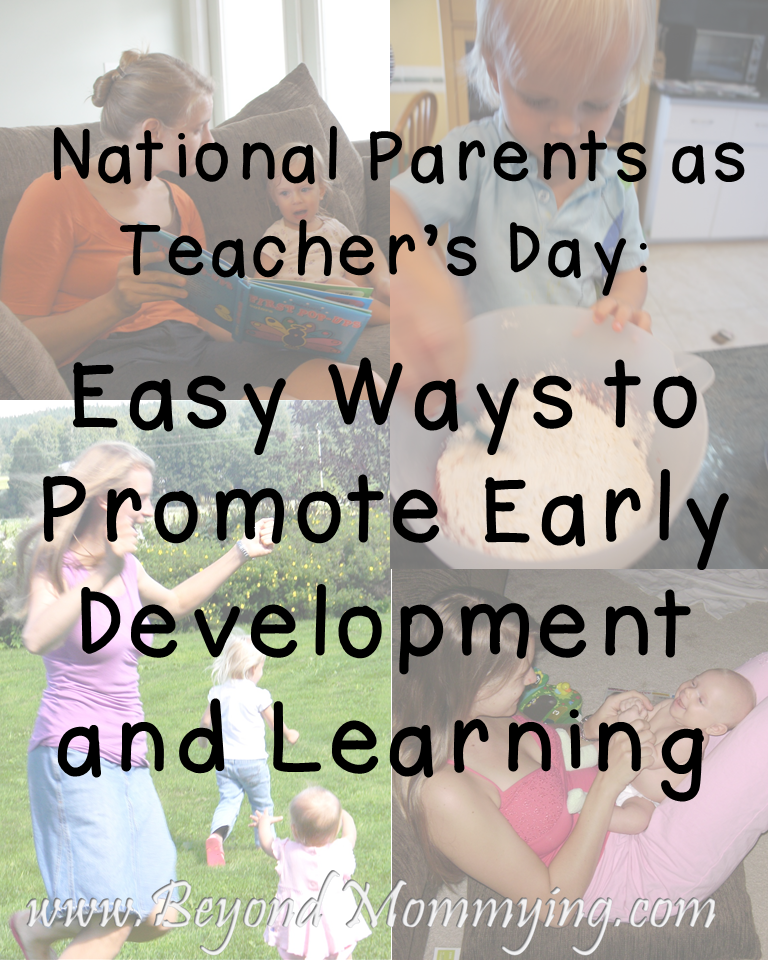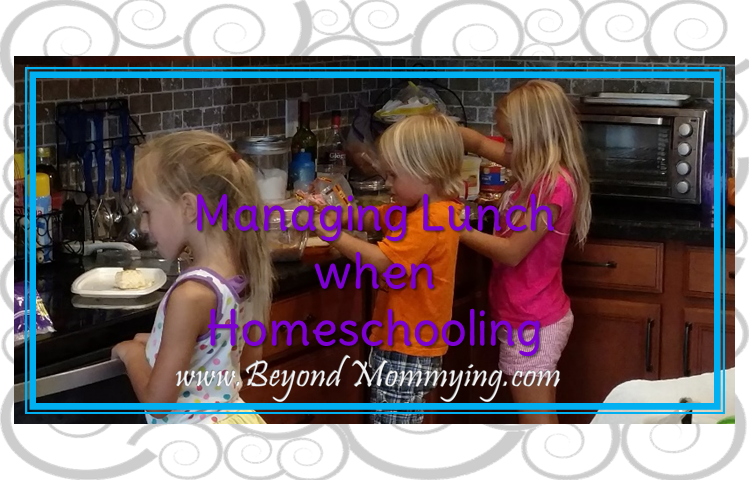My daughter had one of her famous meltdowns in the middle of her gymnastics class a few weeks ago. She is a tiny little hilarious 5-year-old fireball. And by fireball I mean only slightly less terrifying than a hungry fire-breathing dragon. The fits of rage which she usually saves for my enjoyment only overtake her body so quickly and so fiercely that nobody in her vicinity is spared. (You can read a full recount of one of her epic meltdowns here.)
The screaming fits which began when she was less than 24 hours old have become routine for me. I’ve come to handle them easily and nonchalantly, knowing that she will calm herself down and regain composure (eventually). But the horror on the faces of the other parents at the gym as my sweet, silly little girl began crying, stomping her feet and screaming my name in fury made me remember that this is not normal. (I later learned the outburst was in response to not being allowed to go first and being asked to wait her turn while her classmates practiced a new skill with the watchful eye of the teacher.)
And as her coach tried to console her, talk her down, reprimand her, her fury increased and so did the anguish of the other parents. My daughter could see me through the window, her big sister (also in the class) looked at me and shrugged. The coach glanced quickly my way, our eyes connecting for a split second. And finally one of the other parents spoke up “do you think you should go take her out?”
I matter-of-factly replied “I’m not the teacher and the coach has not indicated she wants me to come in there.”
Because I’ve been that teacher. I’ve taught ballet over half my life and twice as long as I’ve been a mommy. I’ve dealt with every type of child and as a teacher I know one thing about managing children’s behavior: parent interference is never good.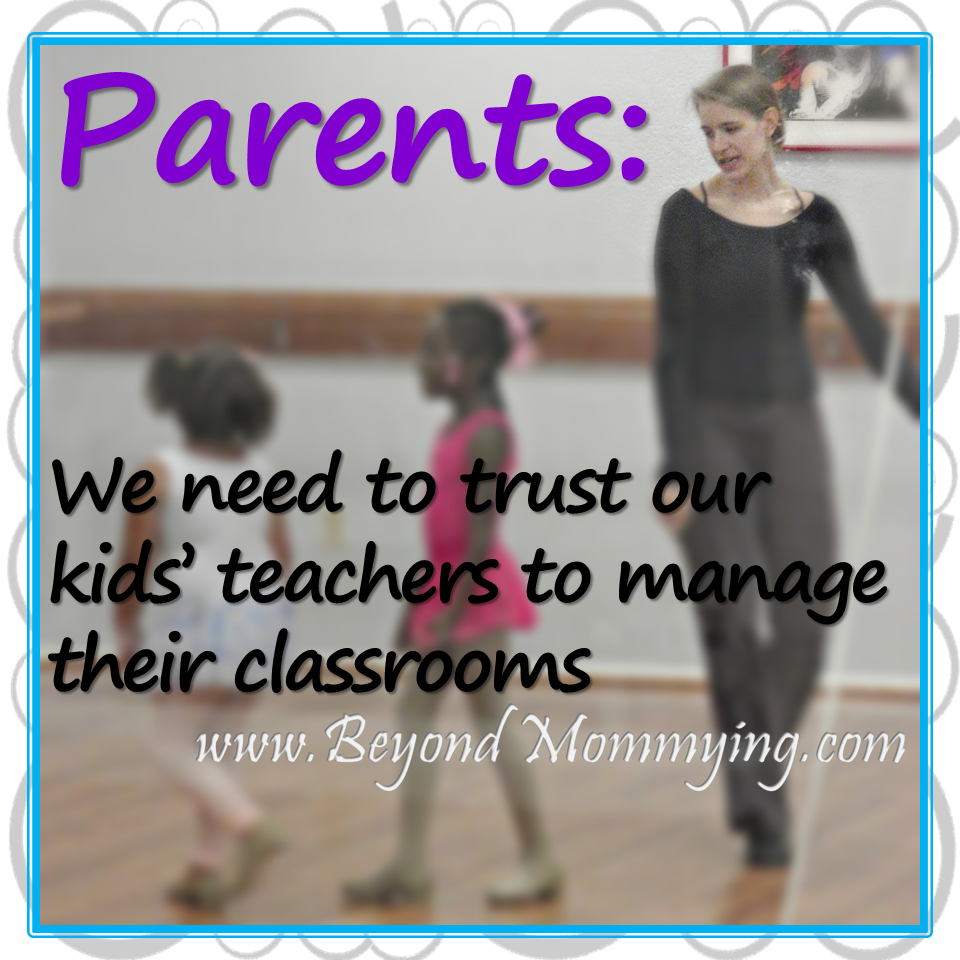
I’ve learned from being a teacher myself that each child-educator pair needs to learn to work together. I need to learn as a teacher what works for each individual child (and it’s not always the same, but trust that I have enough experience to have plenty of options in my repertoire!) That child needs to learn the expectations I set forth in my classroom and any parent interference can destroy those relationships. Because ultimately what makes a classroom run smoothly is a mutual respect between child and teacher and a parent stepping in the middle of that relationship can derail the trust that is necessary for both child and educator to be successful.
Whether it’s the parent directing their child through the window. Or the one who has to actually step in and talk to their child about their behavior, it undermines my ability as a teacher to direct that child which is essential to keeping the class running smoothly. When a parent crosses the classroom boundary, their child no longer looks to me as the one managing the class, they instead continue to seek their parent’s approval and direction.
So when my daughter lost it, I suppressed my mommy desire to run in there and pull her out, reprimanding her for her inappropriate behavior and let the teacher in me remind me that this was the coach’s domain. It is her gym, her class, her rules and my daughter needs to learn to respect both those rules and her coach because they are essential not only to keep the class running smoothly in order to accomplish the many tasks set forth for the day but also for the safety of the students.
The coach continued class, eventually just ignoring my daughter as she wailed and thrashed (the same “wait it out” tactic I have to take at home with her when she becomes inconsolable and that I took as her ballet teacher recently). Eventually she did regain her composure, as she always does, and walked out of the gym hand-in-hand with her coach, a person we’ve only known for 7 short months but who has already taken a special liking to my daughter and has seen my daughter’s ability and drive and is working with her to reach her full potential. The coach who I trust and respect and who I want my daughter to feel safe with.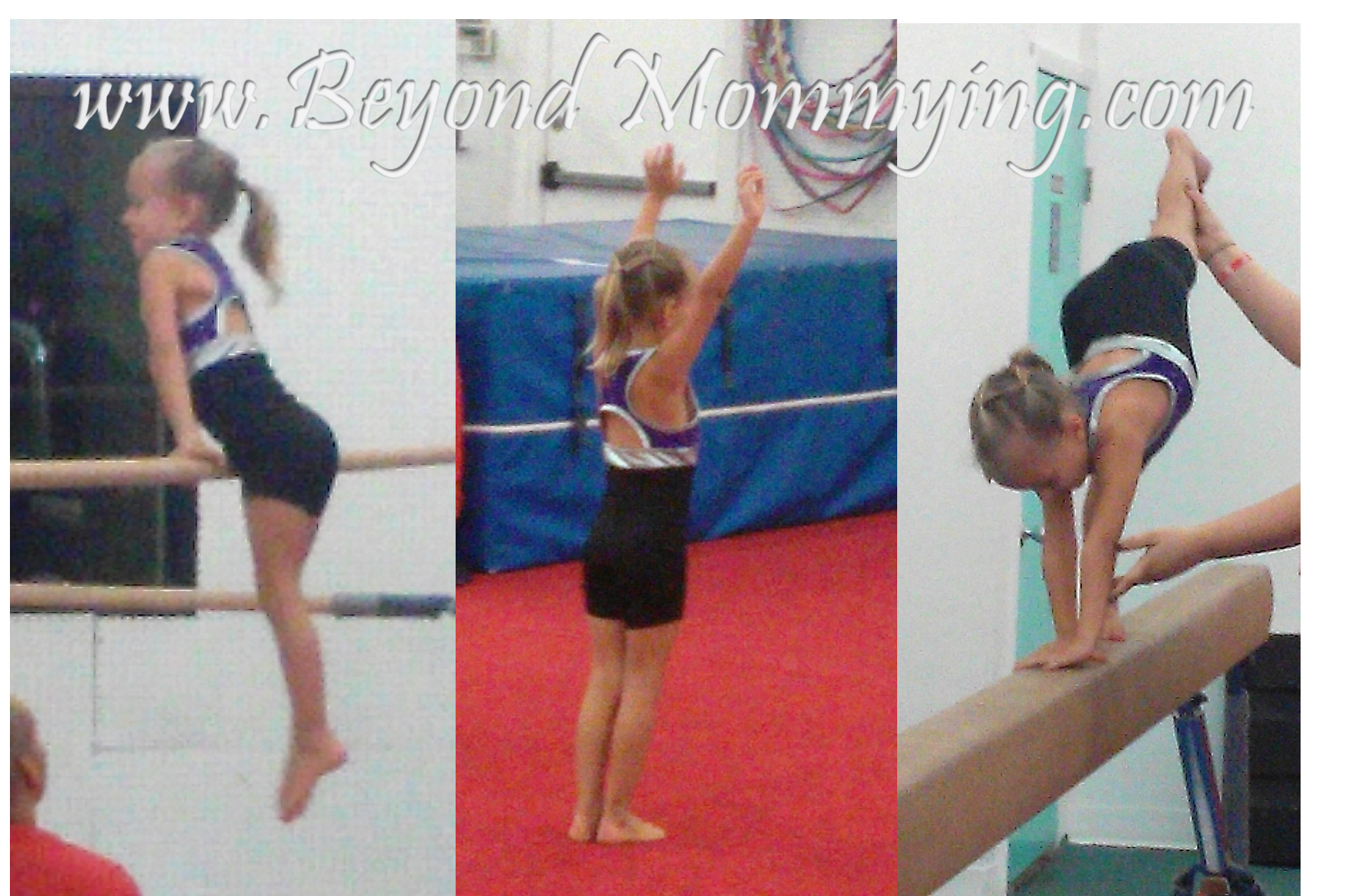
We had a short conversation together with my daughter about what happened. The coach expressed her surprise by the incident and I explained it, unfortunately, was not completely out of character. We talked about coming back again the next day for class with a renewed attitude and respect for the coach and class expectations.
I know I did the right thing by not stepping in. I know if I had stormed in that room and pulled my daughter out of that class all it would have done was undermined the coach’s ability to help my daughter through her frustrations in the future. During that hour-long gymnastics class, the coach makes the rules, not me, and I trust teachers I have chosen for my children to let me know if they needs my assistance. And until that signal comes, I will maintain my place as parent-observer.

